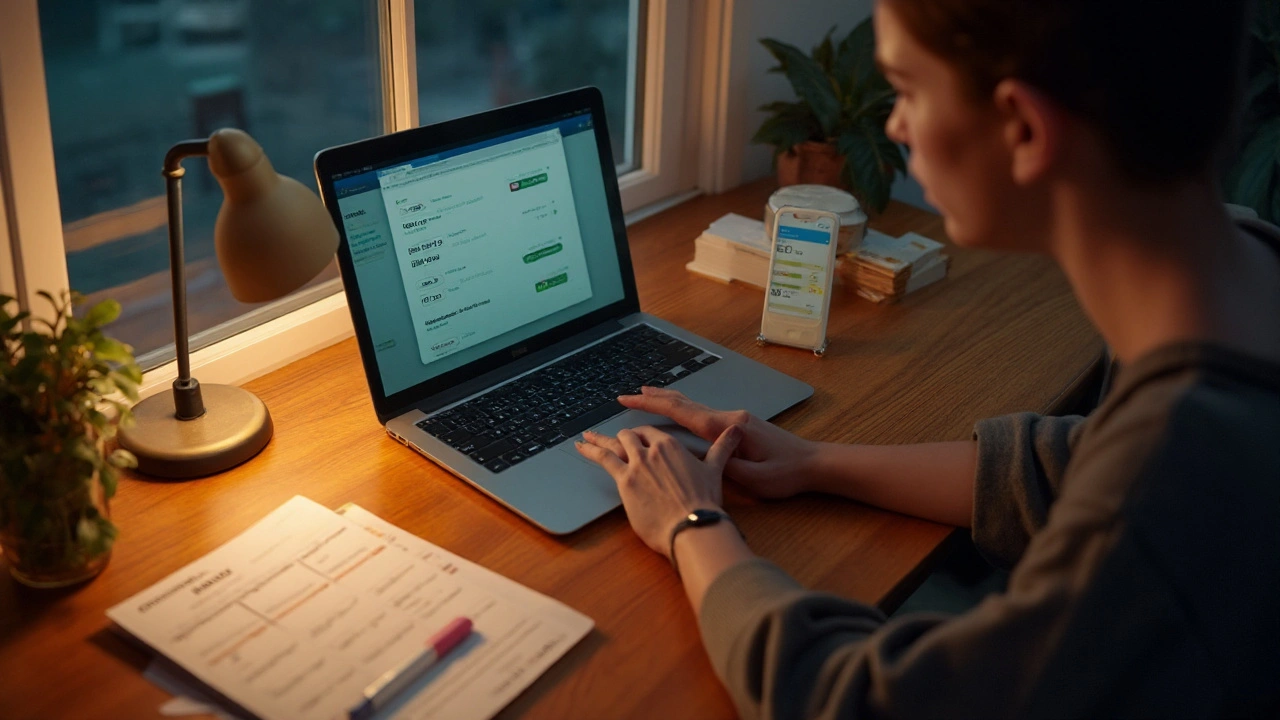Want cheap isotretinoin online? Here’s how to do it safely and legally in 2025: real prices, PBS vs private costs, pharmacy checks, risks, and smarter alternatives.
Accutane Alternatives: Safer Ways to Clear Acne
If you’ve heard about Accutane but worry about its strong side effects, you’re not alone. Many people look for milder routes to get rid of stubborn breakouts. Below you’ll find the most common and effective alternatives, plus tips on how to decide what fits your skin best.
Topical options you can try at home
Topical retinoids are the closest cousin to Accutane without the systemic risks. Products like tretinoin, adapalene, and tazarotene break down clogged pores and reduce inflammation. They’re available in creams or gels, and you can start with a low concentration to keep irritation low. Apply a pea‑sized amount at night after cleansing, and follow up with a moisturizer to prevent dryness.
Another simple choice is benzoyl peroxide. It kills acne‑causing bacteria and helps keep pores clear. Start with a 2.5% formula, use it every other night, and increase if your skin tolerates it. The key is to keep it away from the eyes and mouth.
Oral meds that don’t require a strict plan
If you need something stronger than a cream, oral antibiotics such as doxycycline or minocycline work well for inflammatory acne. They lower bacteria and calm swelling. Doctors usually prescribe them for three months, then taper off to avoid resistance. Take them with food and plenty of water to reduce stomach upset.
Hormonal therapy can be a game‑changer for women with acne tied to their menstrual cycle. Birth control pills that contain both estrogen and progestin often improve skin within a few months. Spironolactone, a potassium‑sparing diuretic, also blocks excess androgen effects and can be an option if birth control isn’t right for you.
Natural and lifestyle tweaks
While not a complete substitute for prescription meds, some natural remedies help keep breakouts at bay. Zinc supplements (30‑45 mg daily) have anti‑inflammatory properties and can reduce acne severity. Green tea extract applied topically or taken as a drink offers antioxidants that calm skin.
Tea tree oil is another spot‑treatment favorite. Dilute a few drops in a carrier oil and dab on a pimple; it can shrink redness in a few hours. Remember, less is more—over‑applying can irritate.
Don’t forget the basics: gentle cleansing twice a day, avoiding heavy creams, and limiting sugary foods. Stress management, like short walks or breathing exercises, also lowers cortisol, a hormone that can trigger breakouts.
When to see a dermatologist
If over‑the‑counter products and oral meds haven’t moved the needle after three months, it’s time to get professional help. A dermatologist can assess whether you truly need isotretinoin or if a less aggressive treatment will work. They’ll also run blood tests to make sure any medication is safe for you.
Lastly, be patient. Acne doesn’t disappear overnight, and switching treatments can cause a short flare‑up. Stick to a routine for at least six weeks before judging results.
There’s a solid toolbox of Accutane alternatives that can give you clear skin without the heavy side‑effects. Pick one that matches your skin type, budget, and lifestyle, and you’ll be on the road to fewer breakouts in no time.

